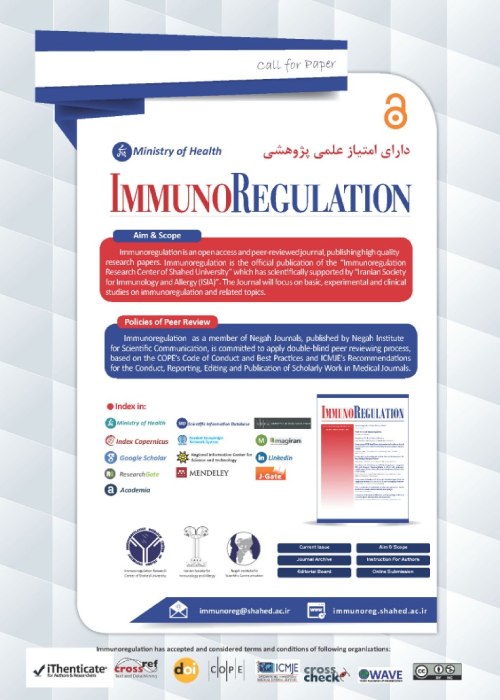Choosing a Strategy for Maintaining Health Against the Possibility of Changing the Internal Environment and Social Stress
Humans, in facing changes in the internal environment or the social environment, often ask themselves what strategy to choose against these changes, strategies that guarantee optimal health in their physical, psychological, and social dimensions. If no immediate answer is found for this question, the brain is in trouble to find the preferences in choosing the possible options, and thus, the concept of social stress is formed [1]. Also, when the choices include concurrent benefits and risks, the context of the stressful processes in the brain is created.
To encounter such conditions, the body aims to maintain internal stability and, by activating the Hypothalamic-Pituitary-Adrenal axis (HPA), tries to manage stress. Glucocorticoids, in turn, facilitate the acquisition of information for the central nervous system by reducing the threshold for brain cells stimulation. Thus the brain will spend energy and gain more information on a new level of preferences in strategy selection scenarios. However, when there are no preferences for choosing a scenario for the brain, stressful conditions continue, and the HPA axis activity will result in changes in immunoregulation [2].
Today, people live in very stressful societies. Studies have established an association between the increased prevalence of diseases and social and physiological stresses [3]. Studies on both normal and induced stresses have shown their significant effects on the immune response [4-6]. Animal studies have found that increased incidence of aggressive behaviors is due to the higher cytokine production and cellular immune activity [7]. Based on the type of stimulus and duration of contact, chronic stress influences both innate and acquired immune responses. Stress affects the immune system by activating the HPA axis.
It also affects the innate immune agents, such as monocyte, macrophage, and pro-inflammatory cytokines by increasing stress hormones (glucocorticoids and catecholamines). Chronic stress influences the acquired immune components by changing the immune cell population and disturbing the balance between immune cells and released cytokine levels [8-12]. These conditions also increase the likelihood of developing infectious diseases by influencing immune responses and allow the emergence of new diseases or the return of some old eradicated diseases.
The onset of metabolic syndrome, obesity, increased cholesterol, and diabetes is also known as other complications of brain exposure with no preferences, long-term uncertainty, and chronic social stress. For example, all known complications of diabetes may be due to long-term encounter to social stress. Hypertension, cardiovascular disease, increased risk of various types of cancers may be due to impairment of the regulation of cytokines and caspases, and disturbances in detecting and preventing mutations are other complications of the uncertain brain and social stress.
Recently, we have focused on monitoring the health of chemical victims of Sardasht City, Iran, regarding their socioeconomic status in causing complications, symptoms, and their response to the treatment. So that the socioeconomic status of chemical victims has been classified and observed in five levels, similar exposure to mustard gas (which was carried out during the Iran-Iraq war in 1995) it has been impressive to the clinical symptoms of patients in 2017. Also, the difference in biological age and actual age in people exposed to Iraq chemical attacks in Sardasht City has been found, which indicates that this long-term stress has led to premature aging in the affected patients.
We are going to discuss the issues of close and bilateral relationships, lack of selective preferences, deprivation, social inequalities, and the impairment of the regulation of various safety systems based on the results of our previous study and other studies in a detailed review article. We hope that this article is presented in the upcoming issue of the immunoregulation journal.
- حق عضویت دریافتی صرف حمایت از نشریات عضو و نگهداری، تکمیل و توسعه مگیران میشود.
- پرداخت حق اشتراک و دانلود مقالات اجازه بازنشر آن در سایر رسانههای چاپی و دیجیتال را به کاربر نمیدهد.


